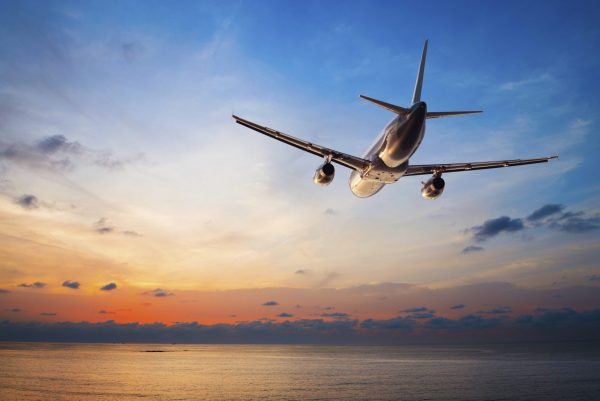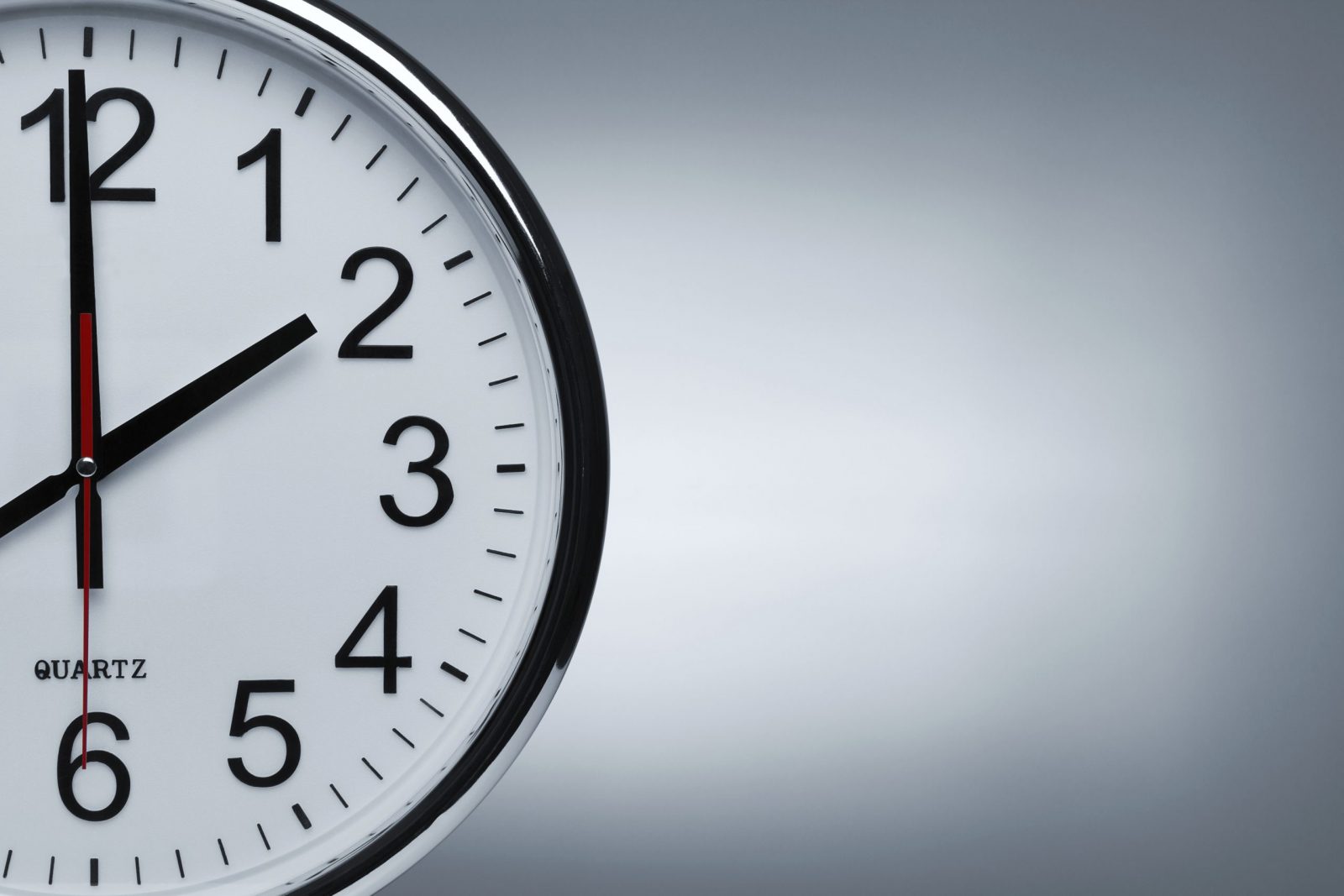We love traveling to far flung destinations, immersing ourselves in new cultures and landscapes. We enjoy trying new activities, meeting new people, and learning more about others and ourselves. And yet, in order to satisfy our travel bug, to continue to expand our horizons, it often requires lengthy plane rides. These unto themselves are certainly manageable. Snacks and good movies can make the time pass more quickly. But the jetlag that often accompanies these transcontinental flights is less than ideal, if not downright problematic.
So, what exactly is jetlag? Essentially, it is when your circadian rhythm (internal clock) is out of sync. This most often occurs when you cross multiple time zones and results in a disruption in your sleep/wake cycle. Plane cabin pressure doesn’t help the situation, as the lack of humidity can lead to dehydration which, in turn can exacerbate one’s jetlag.
Beyond the immediate and more obvious symptoms of insomnia, early waking, and excessive sleepiness, there are also non-sleep related ailments that accompany jetlag. You may find yourself feeling fatigued throughout the day or having an upset stomach. There can also be general feelings of unwellness and, unfortunately, the farther you travel (more time zones you cross), the more prevalent your symptoms may be.

It could sound like an unpleasant experience; but thankfully there are a handful of ways we can prepare ourselves for travel, and, in turn, lessen the jetlag we experience upon arrival.
Time your flight: Choose long haul flights that land in the morning. By timing your arrival around when you usually wake up, it will set you up to adjust to the new time zone more easily.
Sleep: If your flight is scheduled to land in the morning, and you are able to sleep in transit, you will arrive actually feeling rested and ready to make the most of the day. If your flight lands in the evening, rest at the onset of your flight and then try to stay awake. It is also essential to get plenty of sleep before you leave. Departing already sleep deprived won’t help!
Stay hydrated: Drink water both leading up to your departure and while flying. Hydration plays an important role in regulating your circadian rhythm. It also helps to say no to coffee, caffeinated soda, and alcohol as those work to dehydrate.
Bring an eye mask and ear plugs: These are two lightweight items that can make a huge difference in your sleep quality. Whether on the plane or already in-country, they both help you fall asleep even if your body isn’t ready, and this can assist in getting you onto your new schedule faster.

Arrive in destination early: If possible, give yourself a few days in-country to adjust. Then, once settled, you can embark on the scheduled activities!
Switch to new timings ASAP: Try, as soon as you land, to abide by the new sleeping/eating schedule. That is to say, if you land in the morning, stay awake until it is bedtime. On the flip side, if it is evening, attempt to sleep right away.
Adjust your sleeping schedule pre-departure: Start to make small changes to your bedtime as your trip approaches. If flying east, consider going to bed one hour earlier each night a few days prior to your flight. When heading west, go to sleep an hour later. You may also want to tweak your mealtimes accordingly.
Regulate light exposure leading up to trip: As best you can, try to control when you are exposing yourself to bright light. Doing so in the evening (getting 3-4 hours of bright light before bed) will prepare you for flying west; exposure to morning light (3-4 hours immediately upon waking) will help you adapt if flying east. This requires serious mindfulness, but since light is one of the main factors influencing your circadian rhythm, it can prove exceptionally helpful in combating jetlag.
For those ready and willing to take action, you can use this website to determine when to start these regulations. It is all based on how many time zones you are crossing! There’s even an app called Entrain that helps you stay committed to these slight changes.
While we can’t avoid the flights themselves, we can do our part to minimize the jetlag. Here’s to nipping it in the bud and arriving ready to explore!
